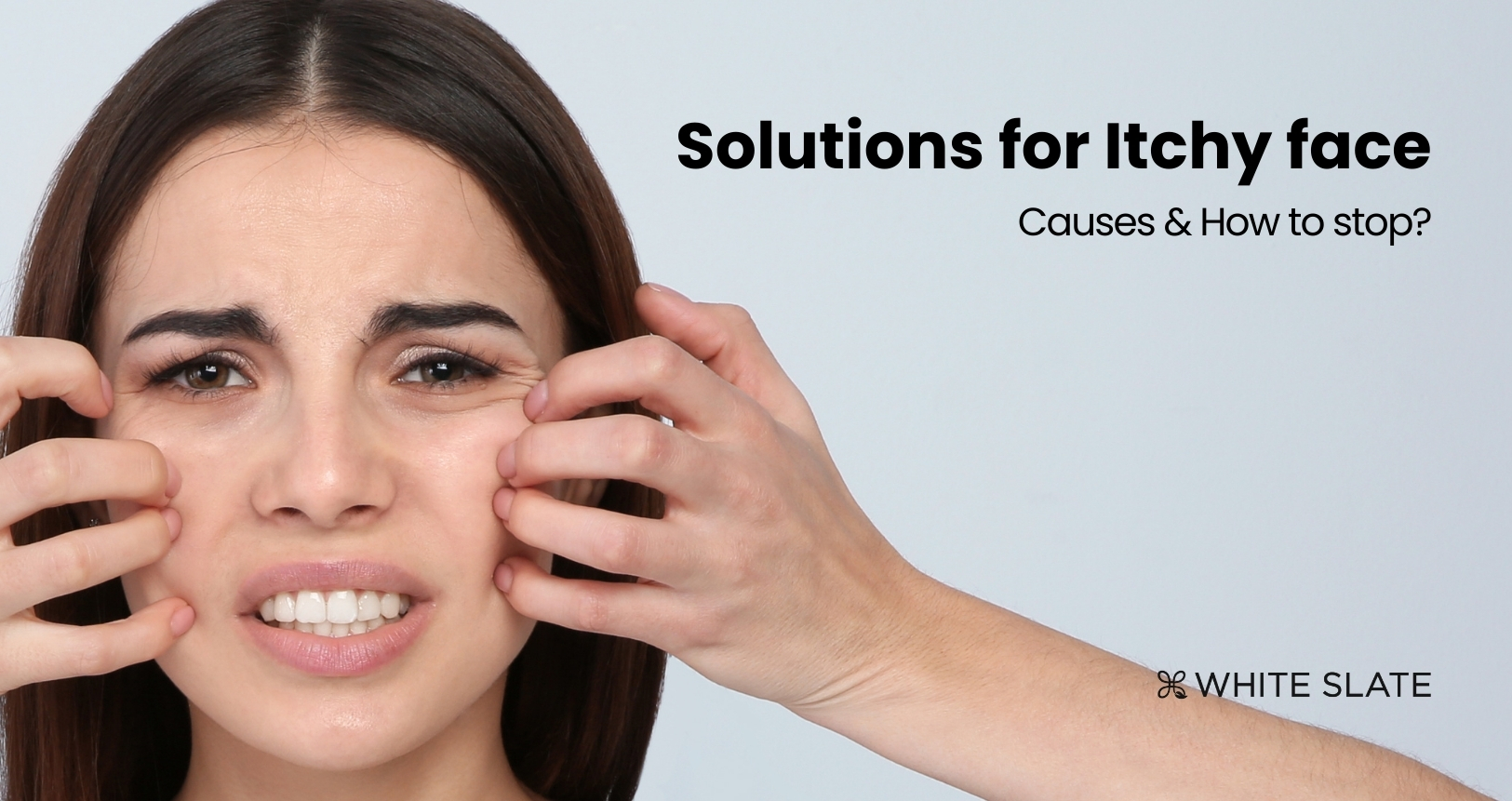
Itchy skin, also known as pruritus, is a real pain. It’s a symptom not a condition, often a sign of something else that needs to be fixed. Knowing the causes and solutions is key to managing it. In this post we’ll cover the common causes of itchy skin and solutions to get rid of it.
Common Causes of Itchy Skin
1. Dry Skin One of the most common causes of itchy skin is dryness, especially during winter when the humidity drops. Dry skin feels tight, flaky and itchy and is often made worse by long hot showers and harsh soaps or chemicals.
2. Allergic Reactions Allergies to things like pollen, dust mites, animal dander or certain foods can cause itchiness. Contact dermatitis, a type of allergy caused by direct contact with an irritant like poison ivy, latex or specific skincare products is another common one.
3. Skin Conditions Chronic skin conditions like eczema, psoriasis or hives can cause itchiness. These conditions often come with other symptoms like redness, swelling or scaly patches.
4. Insect Bites Mosquito bites, flea infestations or bedbugs can cause intense localised itching. The itchiness is usually a reaction to the saliva or venom of the insect.
5. Internal Conditions Sometimes itchiness can be a sign of an internal health issue. Liver disease, kidney failure, thyroid disorders and iron deficiency anaemia are some conditions that are linked to systemic pruritus. Pregnant women can also experience itching due to hormonal changes or a condition called cholestasis.
6. Medications Certain medications like antibiotics, antifungal drugs and opioids can cause itchiness as a side effect. This can be an allergic reaction or the medication’s effect on the body.
7. Stress and Anxiety Stress can aggravate existing skin conditions or even cause psychosomatic itching where the mind influences the perception of itchiness.
Effective Solutions for Itchy Skin
1. Moisturise Regularly Hydration is the simplest way to combat dryness and itchiness. Go for fragrance free, hypoallergenic moisturiser with ceramides, glycerin or hyaluronic acid. Apply moisturiser immediately after bathing to lock in moisture.
2. Use Gentle Cleansers Avoid harsh soaps and go for mild, fragrance free cleansers that don’t strip the skin of its natural oils. Look for a gentle cleanser for sensitive skin.
3. Take Cool Baths Hot water can make itchiness worse by drying out the skin. Go for cool or lukewarm baths. Add colloidal oatmeal or baking soda to the bathwater for extra relief by soothing the skin.
4. Identify and Avoid Triggers If you think it’s allergies or contact dermatitis, try to identify the cause and avoid it. Patch testing can help you identify the irritant and using hypoallergenic products can reduce the reaction.
5. Use Anti-Itch Products Over the counter creams with hydrocortisone, menthol or calamine can help with itchiness. For more severe cases your doctor may prescribe stronger topical or oral meds.
6. Address Underlying Health Conditions If it’s internal then you need to address the root cause. See a doctor for a proper diagnosis and treatment plan. For example managing blood sugar in diabetes or treating iron deficiency can reduce pruritus.
7. Stay Cool and Comfortable Heat makes itchiness worse. Wear loose, natural fibre clothing like cotton and keep your space cool and humid. Use a fan or aircon can help.
8. Avoid Scratching Scratching may give temporary relief but can damage the skin and lead to infection or worsen the itch. Keep your nails trimmed and wear gloves at night to minimize scratching during sleep.
9. Manage Stress If stress and anxiety is the cause of your itchy skin, try mindfulness, meditation or yoga. Talking to a therapist or exercise regularly can help reduce stress.
10. Consult a Dermatologist For persistent or severe itch, see a professional. A dermatologist can examine you, recommend tests if needed and give you personalized treatment options.
Natural Remedies for Itchy Skin
If you prefer natural remedies, several options may help soothe itchy skin:
- Aloe Vera: Known for its cooling and anti-inflammatory properties, aloe vera gel can provide instant relief for itchy skin.
- Coconut Oil: Particularly beneficial for dry skin, coconut oil hydrates and protects the skin’s barrier.
- Apple Cider Vinegar: Dilute with water and apply to affected areas for bacterial or fungal infections.
- Honey: Its antimicrobial and anti-inflammatory properties make honey a soothing option for irritated skin.
- Essential Oils: Lavender, chamomile, and tea tree oils, when diluted with a carrier oil, can provide relief. Always perform a patch test before using essential oils.
When to Seek Medical Attention
While most cases of itchy skin can be treated at home, some situations need medical attention:
- It’s been more than 2 weeks and the itchiness hasn’t gone away despite self care.
- The itchiness is so bad it’s disrupting your daily life or sleep.
- There’s signs of infection like redness, swelling or oozing.
- The itchiness is accompanied by other symptoms like weight loss, fatigue or jaundice.
Conclusion
Itchy skin can be caused by many things from dry skin and allergies to more serious internal conditions. By knowing the cause and using the right remedies, most cases of itchiness can be managed. Remember to hydrate your skin, avoid triggers and seek professional help when needed. With the right approach you can get back to comfort and have healthy itch free skin.













